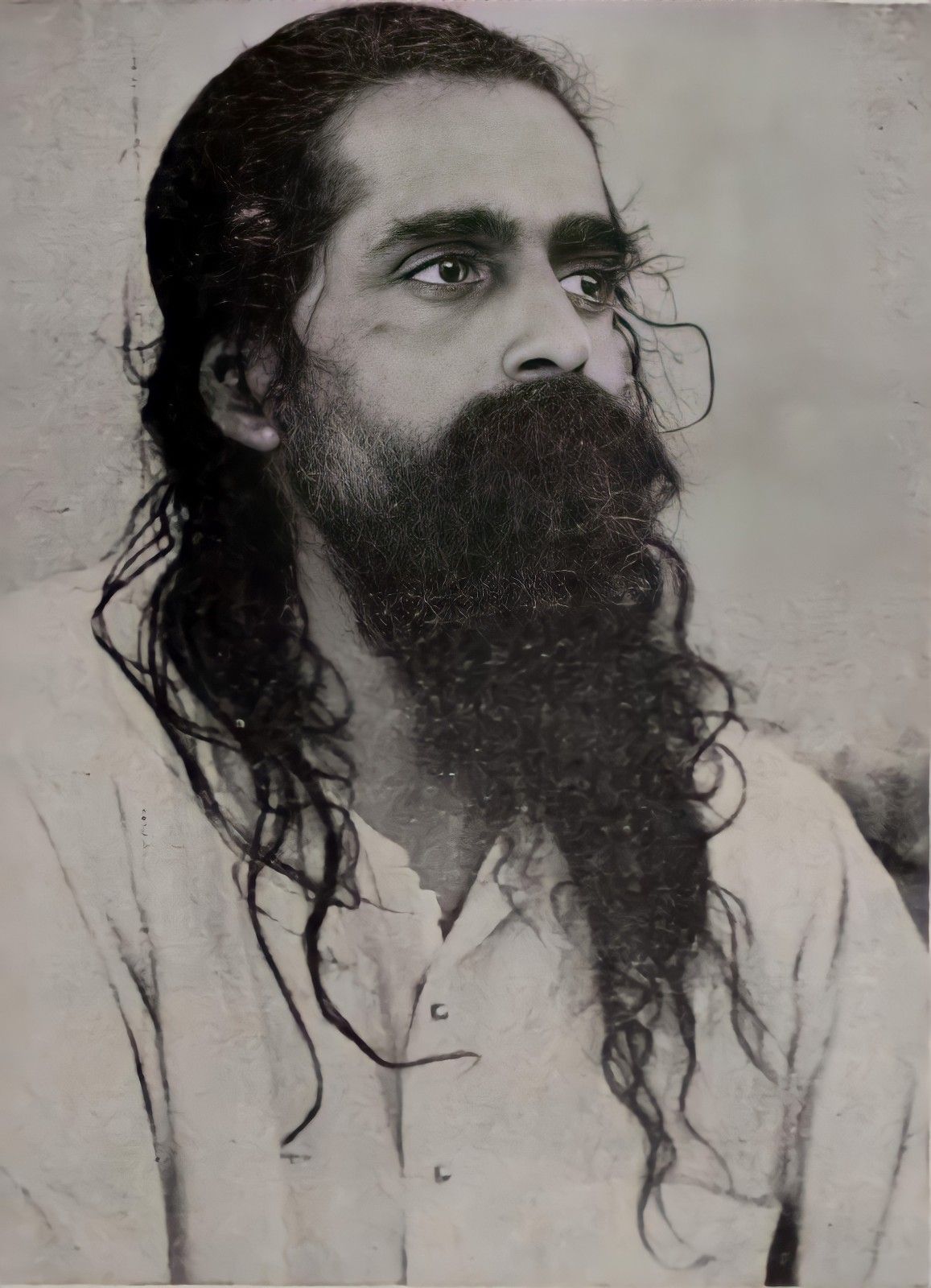M. S. Golwalkar: Exploring His BHU Years and Ideological Evolution

Madhav Sadashiv Golwalkar, popularly known as M. S. Golwalkar, stands as one of the most influential figures in Indian nationalist thought, particularly within the context of Hindutva ideology. While much has been written about his leadership of the Rashtriya Swayamsevak Sangh (RSS), his formative years at Banaras Hindu University (BHU) played a significant role in shaping his ideological convictions. This article delves into Golwalkar's BHU years and traces the evolution of his philosophical outlook, shedding light on the foundations of his nationalist ideology.
Early Life and Education:
Born on February 19, 1906, in Ramtek, Maharashtra, Golwalkar's journey towards ideological prominence began with his academic pursuits. In 1927, he enrolled at Banaras Hindu University, where he immersed himself in the intellectual ferment of the times. BHU provided Golwalkar with a fertile ground for intellectual exploration, exposing him to a diverse range of philosophical and religious traditions.
The Influence of BHU:
Golwalkar's years at BHU were transformative, shaping his worldview in profound ways. The university's emphasis on Hindu philosophy, spirituality, and cultural heritage resonated deeply with Golwalkar, laying the groundwork for his later ideological endeavors. Moreover, the vibrant atmosphere of BHU, with its spirited debates and intellectual exchanges, nurtured Golwalkar's intellectual curiosity and honed his oratory skills.
Ideological Evolution:
Golwalkar's ideological evolution can be traced back to his BHU days, where he grappled with questions of identity, nationhood, and cultural resurgence. Inspired by the teachings of his mentors and the nationalist fervor sweeping across the country, Golwalkar began to articulate his vision of Hindutva – a philosophy that sought to unify Hindus and rejuvenate India's cultural and spiritual heritage.
Leadership in the RSS:
After completing his studies at BHU, Golwalkar joined the Rashtriya Swayamsevak Sangh (RSS) in 1931, marking the beginning of his illustrious career as a leader and ideologue. His tenure as the second Sarsanghchalak (Supreme Leader) of the RSS from 1940 to 1973 was marked by his steadfast commitment to the ideals of Hindutva and the organizational expansion of the RSS.
Legacy and Influence:
Golwalkar's legacy as a nationalist thinker and organizational architect continues to shape India's socio-political landscape. His writings, including the seminal work "We, or Our Nationhood Defined," remain influential within Hindutva circles, guiding the ideological discourse of right-wing nationalist movements. Despite controversy surrounding some of his views, Golwalkar's impact on Indian politics and society remains undeniable.
BHU Alumni Perspective:
As BHU alumni, we reflect on Golwalkar's BHU years with a sense of pride and curiosity. His intellectual journey from the hallowed halls of BHU to the corridors of power in the RSS exemplifies the transformative potential of higher education. While opinions may vary on Golwalkar's ideological stance, his BHU years serve as a reminder of the university's role in shaping the destinies of visionary leaders and thinkers.
Conclusion:
In conclusion, M. S. Golwalkar's BHU years laid the foundation for his subsequent rise as a towering figure in Indian nationalist thought. The intellectual ferment of BHU, coupled with Golwalkar's innate curiosity and conviction, fueled his ideological evolution and shaped his vision of Hindutva. As we explore Golwalkar's BHU years and ideological journey, we gain insights into the complex interplay of education, ideology, and leadership in shaping India's socio-political landscape.
